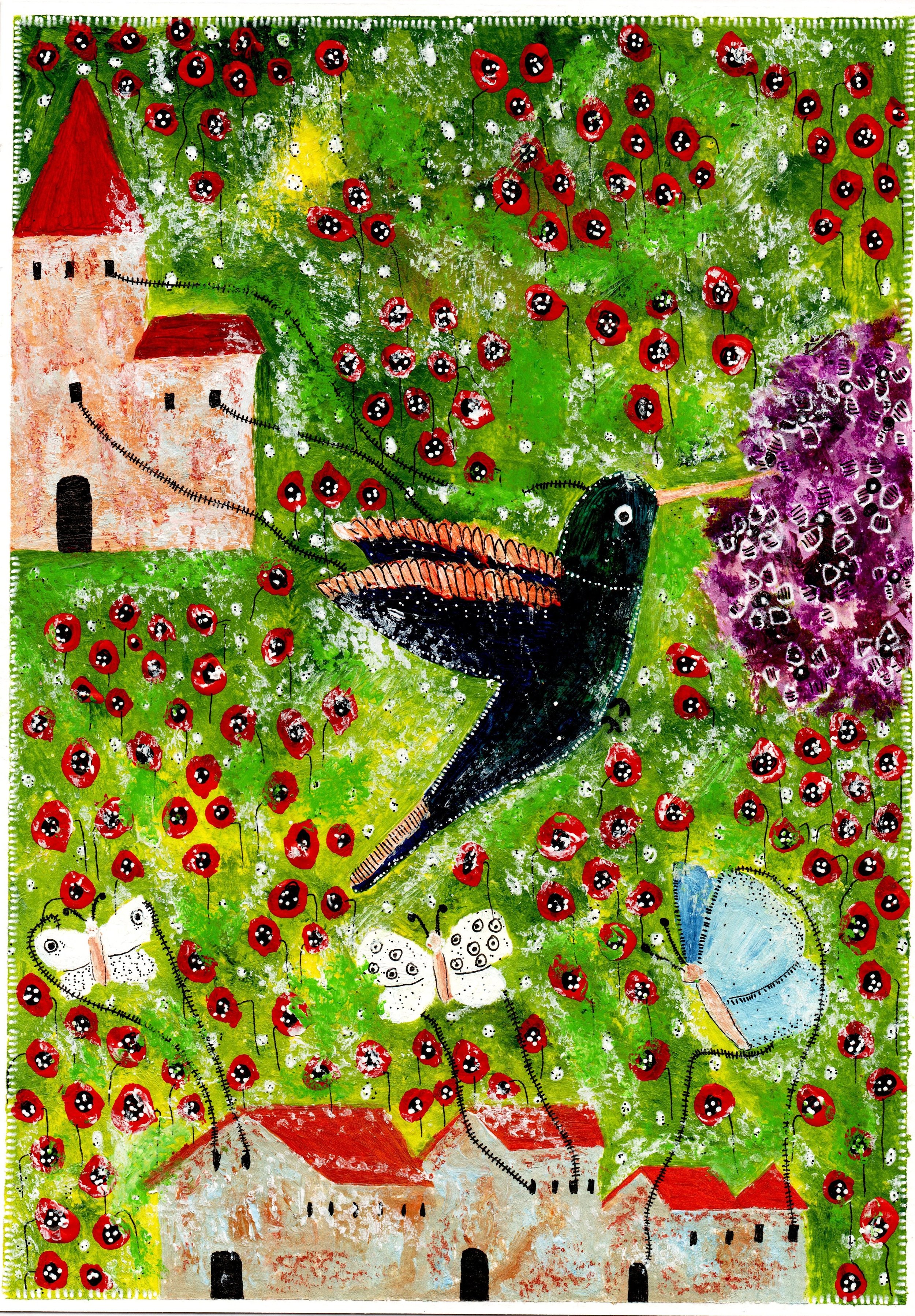Peter's Story
E very age has its taboos, and when they are no longer relevant, new ones will appear. As a boy, I remember watching live TV shows where the existence of God would be questioned. Even though it was done in a very respectful way, people in the audience would still get upset, to the point that it seemed they were losing their minds. Today, questioning God is not much of a taboo anymore (not in the US, at least), but there are definitely new ones that have risen to have the same effect, and they have to do with the way we talk about the subjects of race, gender, and sexual orientation.
For the last decade, I have taught philosophy at Portland State University as an Assistant Professor. In my experience over the years, Freedom of Speech has corroded in academia, and ideas are sacrificed for ideologies. This is why, in 2021, I resigned from my position in protest of "Woke" orthodoxy.
It is unfortunate that academia now nurtures a "culture of offense" wherein students are prohibited from speaking openly and honestly. Right before the pandemic in 2020, the Foundation for Individual Rights in Education (FIRE) put Portland State University on its list of the ten worst schools for Freedom of Speech. I immediately reached out to the dean to discuss what we could do to make improvements, and instead, he informed me that he considered it an achievement to be on that list. When I recognized that the school's ambition was not to encourage ideas but to suppress them, I was shocked. I started asking important questions and inviting people to join in a healthy dialogue about the issue. The university retaliated with investigations. I was chilled. It became clear to me that I had to leave with my integrity intact, and though the pandemic and investigations delayed the process, I was eventually able to follow through on that intention.
This taboo-driven attack on free speech is not just limited to the campus; there is an organized attack on scholarly publications, too. My colleague Bruce Gilley, who teaches political science at PSU, has been one of its victims. After publishing an article entitled "The Case for Colonialism" in Third World Quarterly, he received death threats. People who opposed his viewpoint, instead of countering by writing another article with a rebuttal of his arguments, started a petition to have his Ph.D. and tenure revoked, and eventually, the "offensive" article was retracted. It is shameful that a successful academician's peer-reviewed article should be removed from a reputable journal, even when it was written and published according to all the accepted protocols. In the wake of these incidents, a small handful of students complained that the article had made them feel unsafe, and Bruce was subjected to further investigation. It doesn't take much to see the implications of this and similar episodes taking place across the country today. The fear of being labeled as a misogynist, a racist, a homophobe, or a bigot, even when they clearly are not, is a powerful motivator when it comes to keeping people silent.
Since my resignation, public reactions have been overwhelmingly favorable, and it's been heartening. I've been genuinely touched by all the support I have received from former students and the public. I believe it's because, even though people find it hard to explain, they know there is a problem. They are sick of walking on eggshells, being denied the freedom to ask questions, and being held hostage by small and petty minds. They are just sick of the whole thing. I have received more than 10,000 encouraging emails and messages, and the first one I read went something like this: "You are my hero; you exposed the system in the most hilarious way. If there is anything I can do to help, please feel free to reach out."
With my eyes on the future, I have started the National Progress Alliance (NPA), an organization dedicated to advancing cognitive liberty, free speech, and civil discourse.
It's because of my belief in these principles that I can offer two points of advice to readers here:
1) Be honest and forthright in your speech. I wrote my dissertation on incarcerated prisoners and their relationships to each other. One of the things I loved about them was their honesty when they spoke. We are often afraid of losing friendships if we say something or speak in a certain way, but such relationships are toxic. If you cannot speak your mind, you can never develop an honest and authentic relationship. As Aristotle wrote, "The highest form of friendship is between two virtuous people."
2) Be willing to reconsider your beliefs and allow schools and universities to impart a true liberal education. I am an atheist, and I teach atheism in classes, but I always invite people to my lectures who have completely different views than mine. That is what an educational environment should be: a space where people of different views can engage in debate over a topic. I have strong philosophical disagreements with Dr. Phil Smith, who teaches philosophy at George Fox University, yet I invited him to one of my atheism classes, where we had a very good discussion. He later wrote a wonderful letter about this experience, in which he mentioned how our healthy discussion helped his research work.
If academicians and administrators can simply abide by these healthy guidelines, we could have a culture where universities are less interested in reinforcing politically popular beliefs and more interested in the secular pursuit of truth.
Artist Notes
“The buildings represent universities, institutes, and other influential organizations about which Peter is concerned. He himself is shown as a free-spirited hummingbird, while the butterflies symbolize other people like him. The strings tying things down depict the control exerted over free speech, constraining truth, facts and logic.”
Published Jan 5, 2022
Updated Sep 6, 2023















